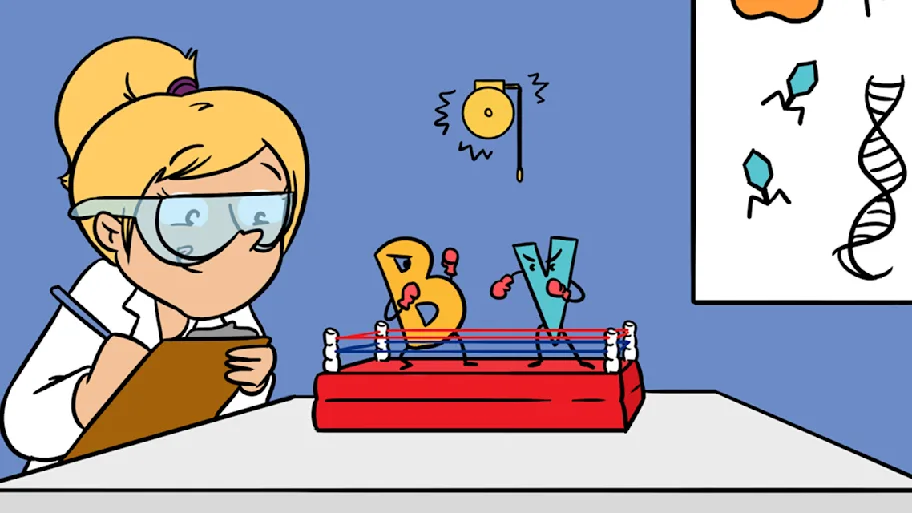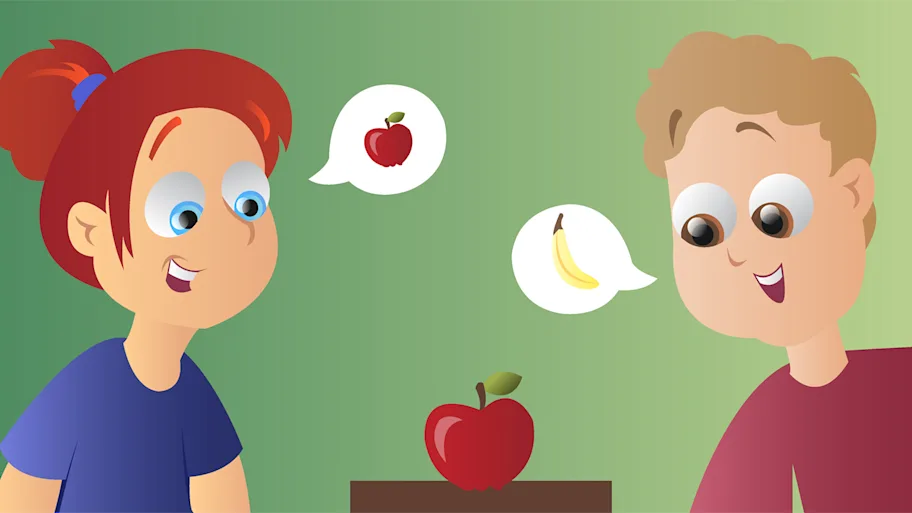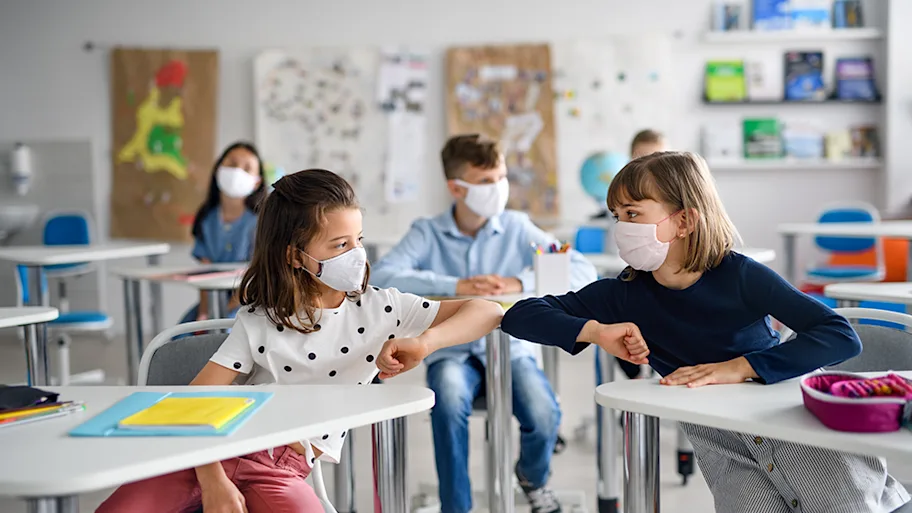
- Science news
- Young Minds
- Socially apart, learning together
Socially apart, learning together
‘School’s closed, you say?’ For many kids the first thought may be ‘yeess’! But is being away from school for a while as good as it sounds? I chatted to some teachers, parents, online learning gurus and young people to find out how they’re keeping the learning going during social distancing.
- by Jenny Lycett
It’s rare that something changes our lives as radically as the Coronavirus pandemic is doing. Schools in over 130 countries have closed and young people are adjusting to learning at home. Parents and teachers have found themselves thrust into a new situation, with no training or experience.
Of course, we’re in a digital world so schooling from home isn’t much of a challenge, right? Well – yes, and no. To paraphrase Spider-Man’s uncle Ben, ‘with great tools comes great responsibility’.
What's going on over there?
The first challenge might be how to focus on school work in a completely different setting. Family members, pets, the lure of a comfy sofa or a backyard - all vying for attention.
“I’m enjoying playing outside with my family more often, but I don’t enjoy school work because there are loads of fun things right in front of you but you have to focus on work instead”
Ben, aged 11
But here’s the good news: as our recent article by George R. Mangun shows, brains are clever and can pay attention to the things we want them to. The brain’s attention system helps you to filter sensory information so that the most important stuff is processed with higher priority, helping you focus. But not everybody finds this as easy so you might need to practice, and to find out what environment suits you best.
It’s good to stick to a routine – just the same way you would if you’re going to school or work. Be respectful of your family who might also be trying to focus on study or work at home. Start at the same time each day and have regular breaks when you can go and explore those distractions to your heart’s content.
“It’s easier to learn at school because we have stuff to make sure we focus and don’t distract each other”
Alexandra, aged 13
Online learning - all fun and games?
Whether you’re a kid or an adult, you probably do some online learning already. It could be homework assignments, pop quizzes, learning a language on your phone, or even playing on a games console.
Did you know, some of the principles used in developing computer games are also used to develop online learning? Adding an element of competition to a learning activity can make it more engaging. Think of how addictive it is when you want to reach the top of the leaderboard or beat your high score!
It’s also important to have realistic goals. Imagine you reach a level in your game that seems too hard, too long and you keep being sent right back to the beginning. It doesn’t feel fun anymore and can be demotivating. The same is true when you’re learning – if the goal or outcome feels too far away, it’s hard to keep your motivation levels high. Small goals and achievements along the way keep you going and show progress.
Some online learning has these features built in. But with many people home-schooling for a while, young people and parents may need to create a learning program themselves using a range of resources – some tailor-made, some not. Creating bitesize chunks of learning with achievable goals will be more rewarding than slogging through long books, videos or study programs.
"I like our home-school schedule because we got to create it ourselves and we added lots of pauses"
Tess, aged 11
Mix it up
Of course, online learning can’t fully replace the mix of activities you get at school – listening, writing, making things, experimenting, working as a team, asking questions. That’s more of a challenge when you’re not together physically. Some ‘together time’ where a whole class joins online to hear from their teacher will break up the periods of individual study time.
Try out what you’ve learned in different ways. One parent told me about combining science and food classes by baking cakes in the style of an experiment, writing about how the ingredients interact with each other. But it could be as simple as phoning a friend to talk aloud about a book you’re studying, or drawing a picture to help memorize historical facts.
Don't lose touch with your tribe
Many schools are using online learning platforms for more than just lessons. They’re also using tech for keeping in touch, having fun and celebrating achievement. One music teacher I spoke to described virtual singing assemblies and online display boards to feature and share great examples of work they’ve been sent.
When we go to school, we’re aware of the ‘formal learning’ that we cover in class. But we also learn other skills, like how to interact with people and how to maintain friendships. Being physically apart doesn’t mean neglecting those skills – we’re lucky in the 21st century to have technology that lets us stay in touch.
"I still have my piano lesson on video. I see the other kids from my group and the teacher sends us the music to practice after"
Phoebe, aged 9
A recent Frontiers for Young Minds article discussed research that shows being part of social groups is good for your health – both physical and mental. It feels good to be connected with people who share our interests. If you’re feeling lonely or unsettled, an online chat with your friends, classmates or sports team could boost your mood and remind you that you’re not really alone.
“Kids messaging on Google Classroom has shown how much they’re missing school already after a week. A platform for younger kids who don’t have phones is important so they can contact each other too”
Kara, teacher and mum to 11 and 13 year olds
The Coronavirus pandemic escalated suddenly and none of us has been in a situation like this before. We’re all dealing with every day as it comes and it’s fine not to be sure what to do. But – using technology, connections and a bit of imagination – this period of social distancing doesn’t have to interrupt learning. Kids, parents and teachers might even find they find out something new about how to learn!
Find out more about how you can use Frontiers for Young Minds as a home learning resource






